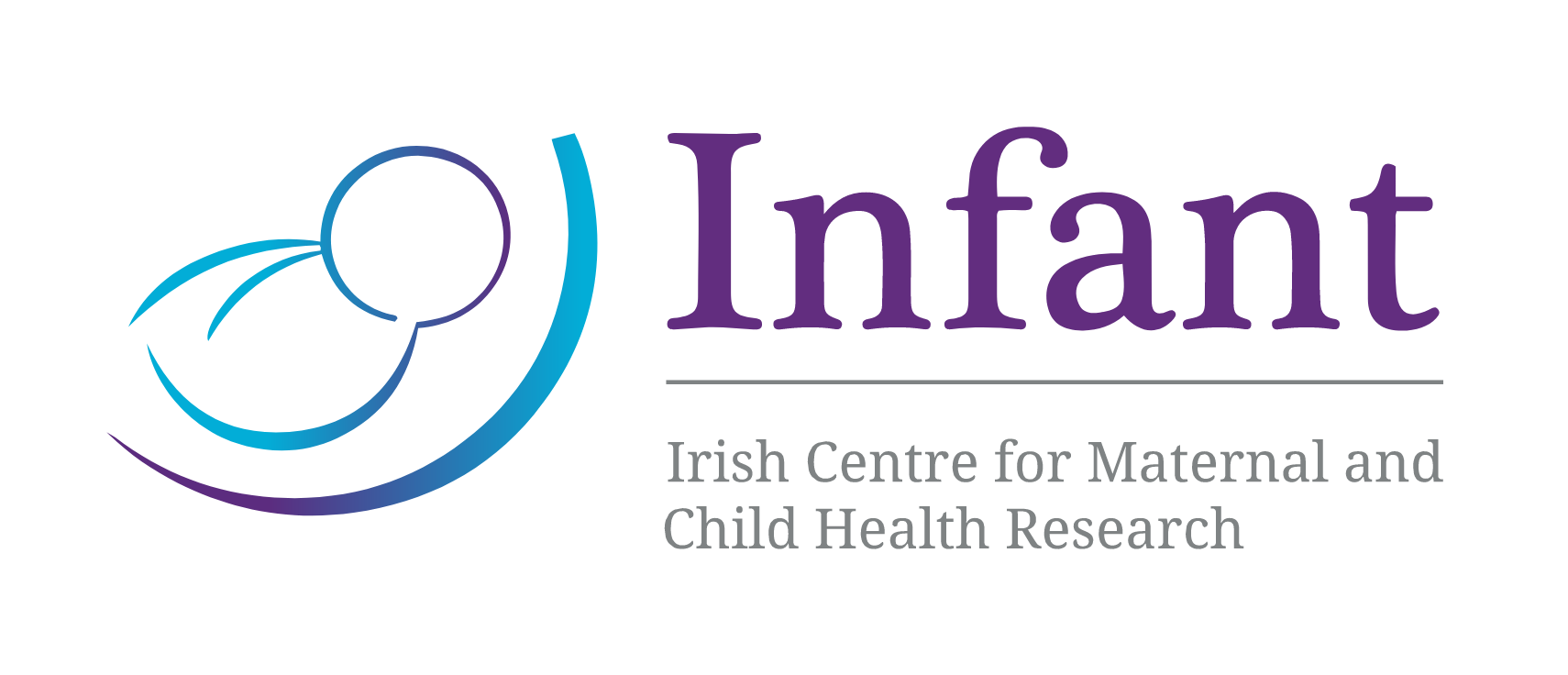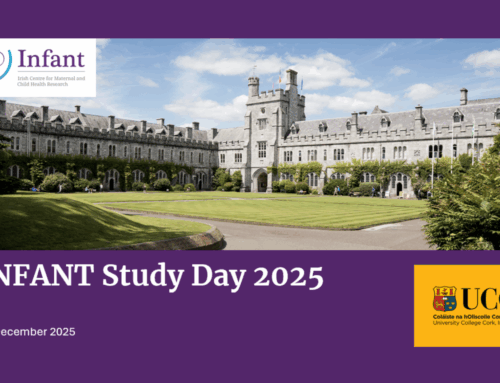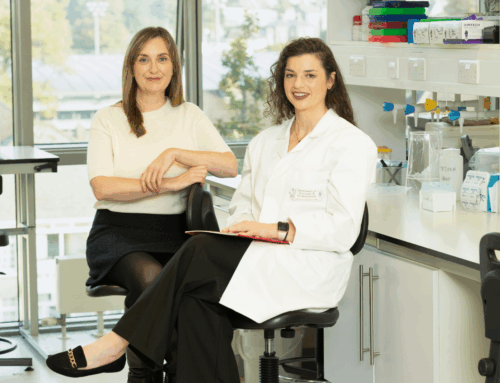The IMAGINE Study is a nationwide research study led by University College Cork.
Researchers at the INFANT Research Centre, University College Cork and University of Galway are looking for people of all ages who have been diagnosed with morphea to take part.
What is the IMAGINE Study?
‘IMAGINE’ stands for ‘Imaging Morphea: Advancements for DiaGnosis and INtensive Evaluation’.
Morphea is a rare skin condition that can cause permanent scarring. Because it often appears subtle at first, it can be hard to diagnose and can be very difficult to monitor. It is important for doctors to know when the disease is active, so they can treat it early and help prevent long-term damage.
In order to better track activity, we are performing a research study to look at the blood vessels and inflammation in morphea skin compared to unaffected skin. We are inviting people of all ages with morphea to attend for an assessment and specialised imaging.
The study is being led by a team from:
- University College Cork – INFANT Research Centre
- Cork University Hospital
- South Infirmary Victoria University Hospital
- Galway University Hospital
- University of Galway
- Tallaght University Hospital
Who is it for?
We are inviting adults and children living in Ireland who have been diagnosed with morphea by a consultant dermatologist or rheumatologist.
What do I need to do?
The study will take place in the South Infirmary Victoria University Hospital, Cork University Hospital, Mayo University Hospital, University Hospital Galway and Tallaght University Hospital or their related clinical research facilities. You will be invited to attend the centre where you are currently a patient or the nearest centre to you.
During your visit:
- Medical history and questionnaires
-
- You’ll be asked about your skin and any treatments (if any) you have received for your morphea.
- You’ll also be asked to complete questionnaires about how morphea has affected your quality of life.
- Skin examination
-
- A dermatology doctor will perform a clinical assessment, similar to a routine dermatology visit, to check whether your morphea is currently active.
- Specialist Imaging
-
- We will take pictures of your skin using 3 different types of cameras to look at the inflammation under the skin. Each camera probe is non-invasive, pain-free and there is no exposure to radiation.
- Tape stripping:
-
- A small piece of medical tape to your skin (like Sellotape) will be gently applied and removed from your skin to collect skin cells. This is also pain-free. We’ll compare the different inflammatory cells in the affected and unaffected skin.
Why is this study being done?
We hope this study will help us to:
- Understand morphea more clearly
- Improve how we monitor it
- Prevent long term skin damage and scarring
We also hope to raise awareness about morphea in Ireland and encourage more research in this area.
What are the benefits and risks of participating in this study?
Taking part in this study will provide valuable data on this rare condition. The results may help us to detect disease activity more accurately which may improve our understanding and impact the future treatment of this condition. Participating in this study will allow us to learn more about the Irish morphea patients and contribute to further research in this field. You may benefit from this, or it may be that people in the future may benefit.
We are not aware of any risks of taking part in this study. As this study is an observational study, we are collecting data only with no intervention. There will be no changes to your medical care and no changes to your medication. There are no risks to your health. All data collected will be strictly confidential.
What is the time commitment?
- The initial visit will take about 2 hours, depending on your skin involvement.
- You may be invited to return every 3 months for follow-up assessments, but this is completely optional.
What will happen to the results of this study?
The results of this study will be published in academic journals and presented at scientific meetings. You will never be identified individually during these presentations or any reports or publications. To ensure confidentiality, the data generated during this study is coded with a unique Study ID Number that will be allocated once you (or your child) is recruited to the study.
University College Cork (UCC) is the study’s Sponsor and will act as the data controller for this study. Any personal data which you provide to the University will be treated with the highest standards of security and confidentiality, in accordance with Irish and European Data Protection legislation.
Where can I get more information?
If you have any further questions regarding this study, please contact Dr Lisa Kiely: lisa.kiely@ucc.ie
Interested in taking part in the study?
Fill out the enquiry form and a member of the research team will contact you: https://forms.cloud.microsoft/e/zC04NGseKc





